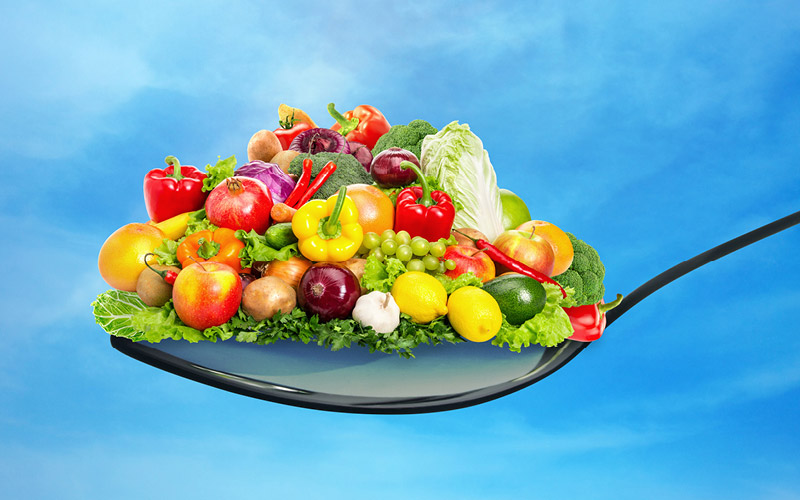
If you want to add years to your life and your family’s, ten daily servings of fruits and vegetables may be the best recipe you can follow, a new analysis suggests. The benefits appear to come through lower rates of heart attack, stroke, cancer and early death. And if everyone found a way to get ten daily servings of produce, 7.8 million premature deaths would be avoided each year worldwide, the researchers estimated.
The results speak volumes
The results for 10 daily servings were: a 24 percent reduced risk of heart disease; a 33 percent reduced risk of stroke; a 28 percent reduced risk of cardiovascular disease; a 13 percent reduced risk of cancer; and a 31 percent reduction in premature death risk.
How much is 10 servings?
Exactly how much in the way of fruits and vegetables is that? Anywhere from 10 small bananas or apples to 30 tablespoons of cooked spinach, peas, broccoli or cauliflower—or roughly 28 ounces of produce or 6.5 cups, the researchers said. Five servings is the current recommendation.
The variety of nutrients likely makes the difference
While study did not prove a cause-and-effect link between eating more fruits and vegetables and longer life, the researchers say, “Fruit and vegetables have been shown to reduce cholesterol levels, blood pressure, and to boost the health of our blood vessels and immune system. This may be due to the complex network of nutrients they hold. For instance, they contain many antioxidants, which may reduce DNA damage, and lead to a reduction in cancer risk. Most likely it is the whole package of beneficial nutrients you obtain by eating fruits and vegetables that is crucial in health. This is why it is important to eat whole plant foods to get the benefit, instead of taking antioxidant or vitamin supplements (which have not been shown to reduce disease risk).”
Which fruits and veggies are most beneficial?
The researchers also found signs that these types of produce seemed to confer the greatest benefits: apples, pears, citrus fruits, green leafy vegetables, cruciferous vegetables (such as broccoli, cabbage and cauliflower), and green and yellow vegetables (such as green beans, spinach, carrots and peppers).
The study was published February 22, 2017 in the International Journal of Epidemiology.

